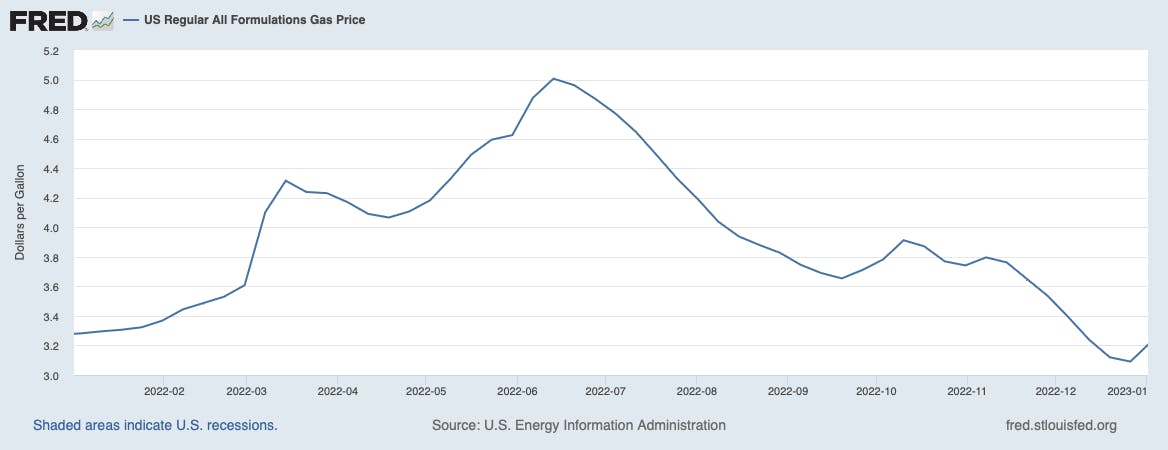The Dangerous Concessions Kevin McCarthy Made to Become House Speaker
The House is set to vote on a new rules package with several provisions that cater to the far right. Here’s what’s in the proposal.

The House of Representatives votes later Monday on a new package of operating rules that includes chilling changes that could seriously damage the United States.
Kevin McCarthy was elected speaker of the House after 15 hellish votes, during which he made concession after concession to the farthest-right members of the chamber. The rules package for 2023 looks very different because of that.
Some moderate Republicans have already said they plan to oppose the package, such as Representative Tony Gonzales, who said he is against proposed potential defense budget cuts. Representative Nancy Mace expressed concerns over the lack of information about the “backroom deals” McCarthy made to win.
Here’s a look at some of the most dangerous proposals:
1. Motion to “vacate the chair”
Not only did McCarthy give all his dignity to his most extreme colleagues, he also apparently ceded all his actual power to them too. The California Republican agreed to restore the motion to vacate, which would allow any single member of the House to call for a vote to remove him.
Considering at one point 21 Republicans had blocked his bid for the speaker’s gavel, McCarthy will have the threat of removal hanging over his head throughout his entire tenure as speaker. He will spend his speakership rushing to please the people who finally agreed to put him there, rather than governing. And if he is removed, the House could be stuck in an endless loop of speaker votes, preventing the chamber from accomplishing anything.
2. Rules Committee assignments for the Freedom Caucus
McCarthy also agreed to give three seats on the powerful House Rules Committee to the Freedom Caucus, the far-right coalition. The House Rules Committee has a lot of influence over what bills and amendments make it to the floor. Freedom Caucus members could now block or stall actually useful legislation from ever reaching a vote. Politico called this “the single most significant surrender of leadership power that we’ve seen in decades.”
3. Slashed spending
The new rules will cap the debt ceiling, or the maximum amount of money the U.S. can borrow, to its level from two years ago. If the U.S. government reaches its soon-to-be-lower borrowing limit, it could default on its debt or fail to make a repayment. If that happens, already high prices and inflation could skyrocket, sending the U.S. into a recession.
Defaulting means the government will also be unable to pay military salaries and Social Security benefits. A lower debt ceiling would also mean less funding for programs such as Medicare and Medicaid, SNAP or food stamps, and meal programs for low-income students.
4. The Holman rule
McCarthy also agreed to reinstate the Holman rule, which lets lawmakers propose reductions in federal salaries, in the number of employees at federal agencies, and in the budget for certain programs. Federal pay or budgets can be slashed to $1, effectively defunding programs. Already on the chopping block is the Internal Revenue Service. The agency is chronically understaffed but has also come under fire for its apparent failure to audit former President Donald Trump’s taxes in a timely manner.
5. Gutting federal investigators’ power
McCarthy also agreed to two proposals that would hugely undermine Congress’s credibility. First, one proposal will gut the Office of Congressional Ethics, an independent federal watchdog, just as it was considering investigations into lawmakers who defied the January 6 investigative committee and serial fabulist George Santos.
The new rules would reimpose term limits on the OCE’s board members and restrict the window for hiring new staff to the first 30 days of the new congressional session (a week of which has already been wasted by McCarthy’s endless speaker votes). The changes would force out three of four Democratic-appointed board members and would run out the clock on hiring while new ones are approved, leaving the OCE unable to investigate anything.
But McCarthy is on board with investigating the FBI and the Department of Justice. He agreed to a proposed House Judiciary subcommittee to investigate the so-called “weaponization” of the federal government. The group will have access to any information shared with the House Intelligence Committee, which is usually the highest level of classified intelligence.
The subcommittee will supposedly act as a watchdog for ongoing criminal investigations, but an earlier version of the proposal limited the probe’s scope to the FBI, the Department of Homeland Security, and the Department of Justice.
Two ongoing investigations are into rioters who stormed the Capitol on January 6, 2021, and into Trump over his removal of classified documents after losing the 2020 election.









